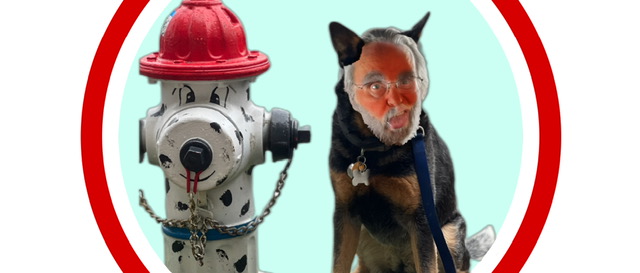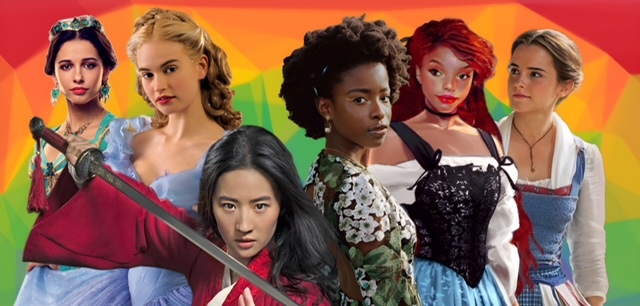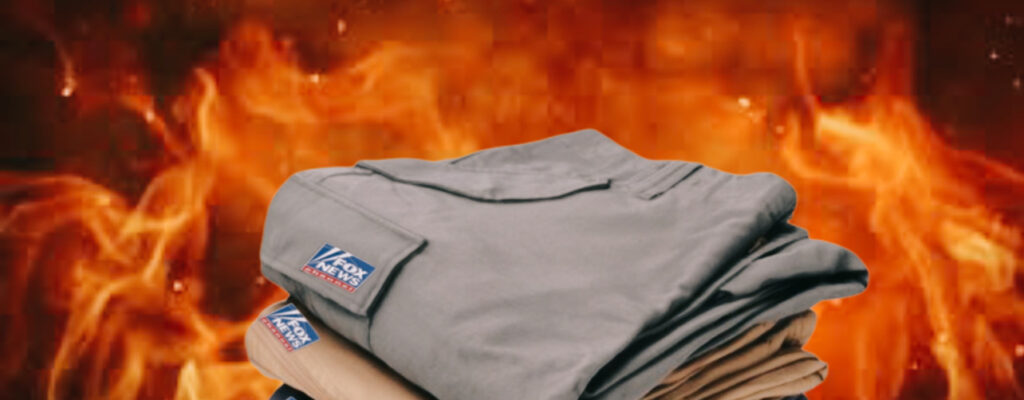I’m intrigued by how MAGA went from a simple declaration of hope for our nation to return to greatness to being the defining principle of what’s left of the Republican Party. Make America Great Again suggests that we’ve somehow fallen from Greatness—a state of being that I would argue we have never attained.
With every moment of our national history came stories to suggest that we were far from ever being great. There is a certain nostalgia for the 1950s by people my age and older. What we witnessed wasn’t greatness; it was a decade of prosperity and economic growth among white people. Blacks, for the most part, were excluded from the advantages whites had.
At the same time as an interstate highway grid was being built to facilitate automobile travel, inner city housing developments were sprouting up in American cities to help alleviate any sense that people of color were being ignored. We weren’t ignoring them as much as we were building tenements to replace the small homes scattered about. Neighborhoods were replaced with ghettos. Those ghettos ignored the needs of its residents for education and opportunity, lack of both lead to drug addiction and crime.
Watching videos of various right wing demonstrations of protest recently, most of the participants seemed barely old enough to know that our greatness, interpreted by them, was a failure. They were racist and exclusionary—exactly defining that which the Proud Boys and Oath Keepers hoped would be our future was, in fact, our failure.
My intrigue was somehow enhanced by learning about “fifteen-minute cities,” a concept from the French academic Carlos Moreno, that provides diversity and climate concern.
“The model is based on places such as New York and Paris,” wrote Adam Gopnik in The New Yorker, “where most goods, from groceries to haircuts, can indeed be found within a fifteen-minute walk of your home.”
The author amends his description by noting that in “many New York neighborhoods, it’s closer to five, and in some Paris closer to two.” (Gopnik has lived in both cities.)
While I’ve been lucky enough to spend weeks in Paris, I have pleasant memories of being well inside those fifteen-minute (or less) parameters. Staying in the Latin Quarter in the late ‘70s, I would go to the open-air markets in the early morning to buy some assorted sausages, the wine shop for the obvious, and a mom-and-pop bakery for a baguette. Decades later, we were staying at our son’s mother-in-law’s home and my accepted offer to prepare lunch involved an easy walk a block’s distance that had different shops for meat, groceries, produce, wine, and bread.
It was a happy afternoon in the kitchen that autumn day.
Without having known before about this social construct, I realize that I have spent a good deal of my life in fifteen-minute cities. Where I grew up on Chicago’s West Side, everything was available within a two-block stretch of Roosevelt Road. A small grocery store, a dry cleaner’s, a pharmacy, the True Value hardware store that my father owned. Even our family’s physician had his clinic there. It was next door to the music store where I went for lessons and to listen to the latest records by Nat King Cole and Rosemary Clooney.
There was a corner dairy where I would go for a lunch of smoked whitefish and a dill pickle. It’s also where I would go to buy my mother’s cigarettes.
After leaving the West Side, my family bounced around the western suburbs, eventually settling on a country acreage four miles from the nearest town. Any need for products or services had to be approached by car. The same was true for my stays in Cleveland and Champaign-Urbana.
Living on New York’s Lower East Side was, in retrospect, living in that five-minute city suggested by Gopnik. A grocery store was one block south on Avenue D; on the way there was a laundromat, a pharmacy, and a deli. Four blocks west from my brownstone apartment was my favorite watering hole, McSorley’s Old Ale House. Three blocks south was Phoebe’s Tavern & Grill, just across the Bowery was the Bouwerie Lane Theatre, an off-Broadway venue in which I worked for several months.
Even my occasional jaunts to Katz’s Delicatessen or my Sunday tradition of lox and bagels at Ratner’s Second Avenue, next door to Fillmore East where I saw such performers as Frank Zappa, John and Yoko, and Miles Davis, to name but a few, my New York life was compact, contained in a small area. I didn’t have a car, but I was a 10-minute walk to the closest subway entrance.
Los Angeles is the antithesis of the fifteen-minute city. For seventeen years I contributed to climate change by not only driving a car to absolutely everything, but by doing so in stop-and-go traffic which regularly included gridlock.
When we moved thirty years ago to this small town in southwestern Montana there were two traffic lights and many of my family’s needs could be satisfied within a walking distance of fifteen minutes. One can still cover the three-block downtown in fewer than fifteen minutes, but downtown now hosts mostly restaurants, curio shops, art galleries, bookstores, and bars. The drug store is long gone and we’ve got a couple more traffic lights. And our growth is marked by stores and fast-food restaurants sprouting up on the town’s outskirts that increase the need for automobiles.
Seems like we might be moving in the wrong direction.
Photo illustration by Courtney A. Liska
VEAL PICCATA
One of my all-time favorites. It’s easy to prepare, as long as all the ingredients are ready. The recipe also works well with chicken breasts.
2 boneless veal cutlets, pounded thin
4 Tbs. unsalted butter
2 Tbs. olive oil
½ cup dry white wine
1 ¼ cups chicken stock
1 lemon, thinly sliced
1 Tbs. fresh lemon juice
¼ cup capers, drained
2 tbsp. chopped parsley
Season veal; dredge in flour. Heat 2 tbsp. butter and oil in a skillet over medium-high heat. Add veal; cook 45-60 seconds per side. Remove and keep warm.
Add wine to skillet, and cook, scraping bottom of pan until reduced by half, about 3 minutes. Add stock and lemon slices, and bring to a boil; cook until reduced by half, about 8 minutes. Add remaining butter, juice, capers, and parsley, and season with salt and pepper. Pour sauce over veal and serve immediately.









